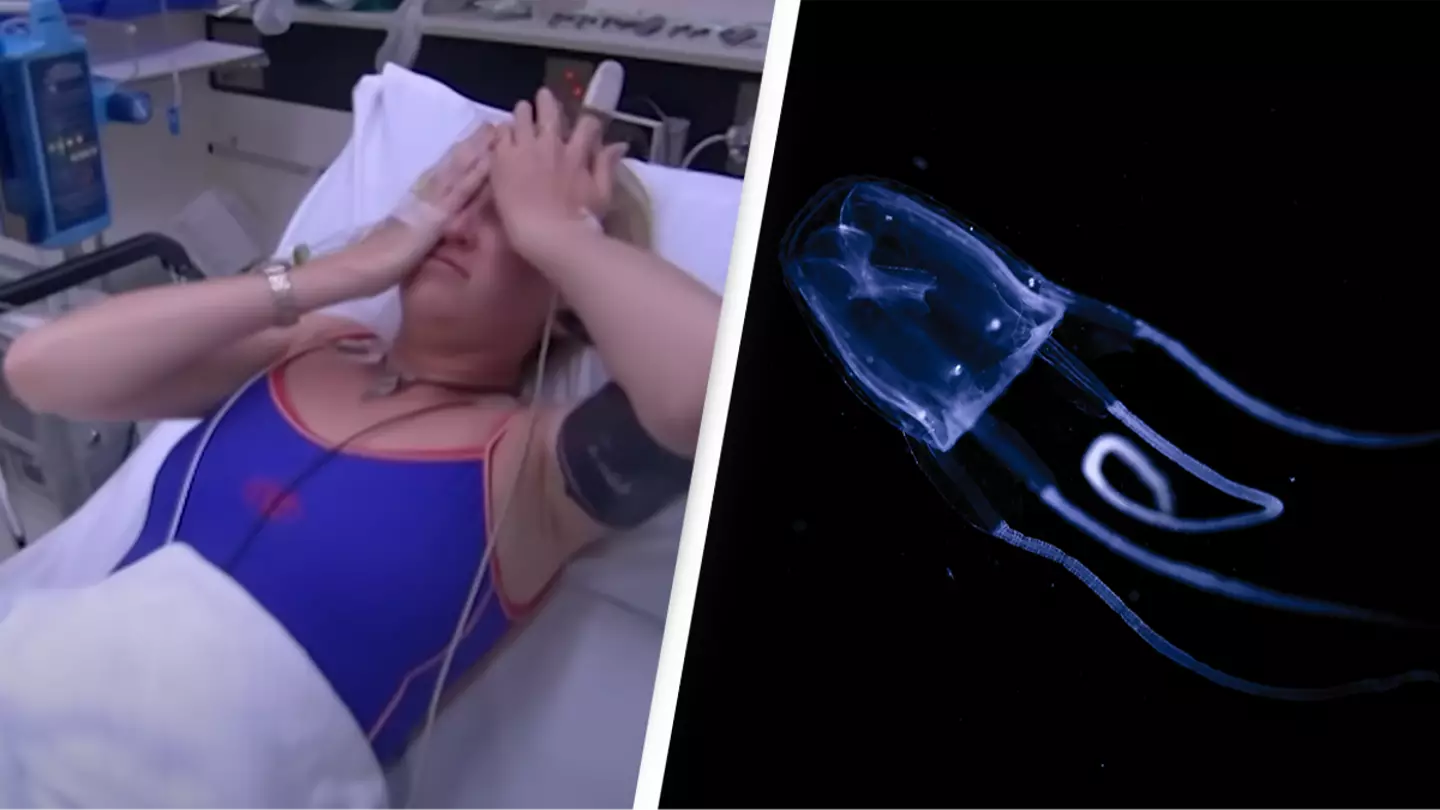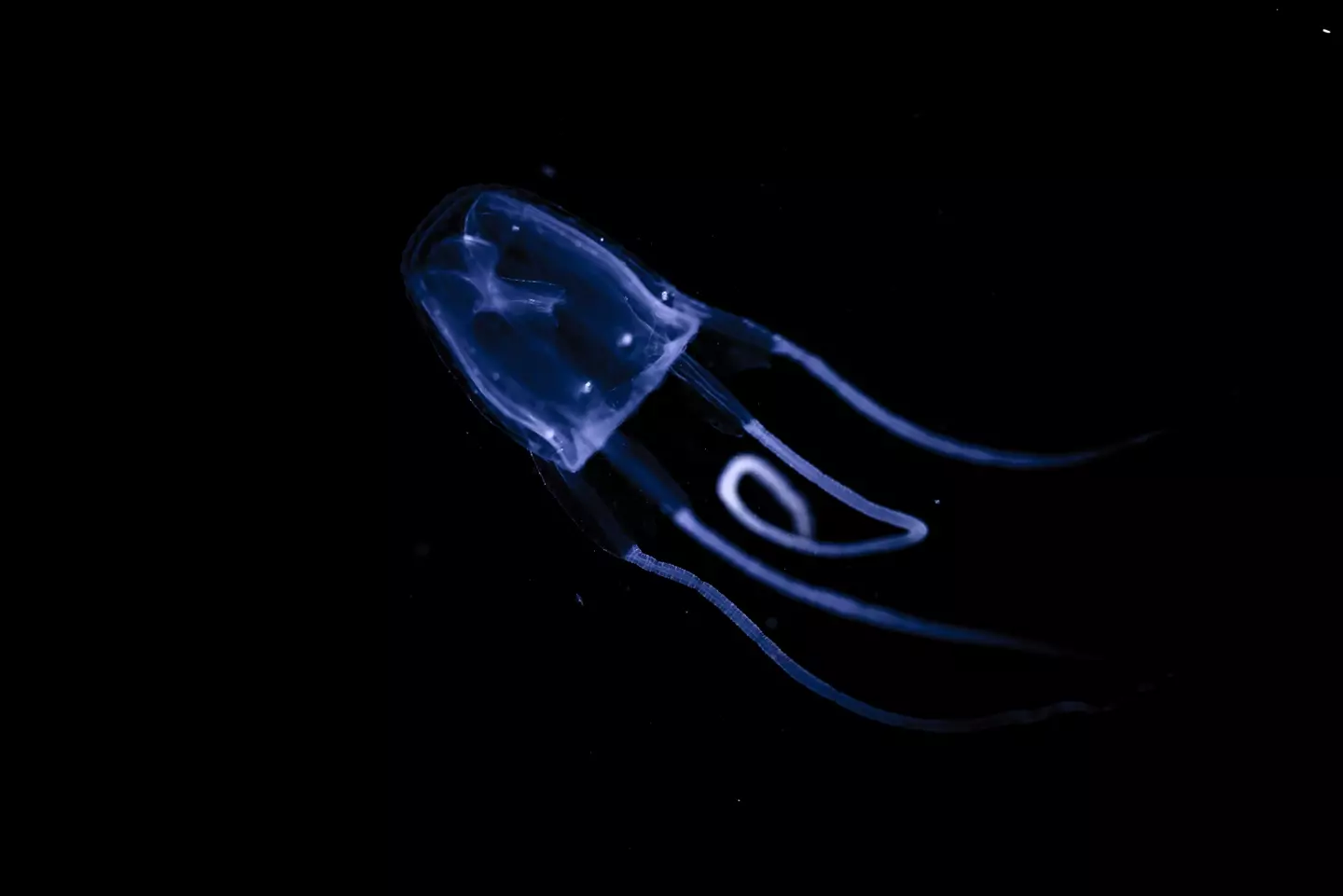
While sharks are typically at the top of people's concerns in Australia's waters, there's a lethal type of jellyfish that swimmers should be just as wary of.
This tiny jellyfish has a sting that's so lethal, it can potentially kill and to make things worse, the Irukandji jellyfish - also known as the 'Doom Jellyfish' - is pretty difficult to spot.
The toxic animal is found in Australia, typically in the country's northern waters.
Advert

The bell of the jellyfish ranges from 5mm to 25mm in size, while it's long, thin tentacles can grow to be either a few centimeters long to a whole meter. It's these tentacles that they fire into their victims with its sting causing what's known as Irukandji syndrome.
The effects of the syndrome can be excruciating, with victims having reporting hours of pain after being stung.
Other symptoms include vomiting, muscle cramping, hypertension, and potentially life-threatening cardiac complications.
Advert
It's also said to leave you with a 'feeling of doom' that end up so severe that patients have asked their doctors to kill them, according jellyfish scientist Lisa Gershman.
Sharing her own experience of being stung by a Doom Jellyfish, Dr. Teresa Carrette, a venom ecologist, recalled on the Endless Thread podcast: "By the time we got to the hospital I was on my hands and knees trying to get myself to a hospital bed."
She continued: "They do administer about the same amount of painkillers you'd give someone in a near-fatal car crash. I had about five times the amount of morphine for my bodyweight."
Advert
The aftermath of Teresa and her research partner Jamie Seymour's stings were documented on a 2004 episode of 60 Minutes Australia.
Luckily, they both survived the ordeal.

More recently, Will Willitts thought he was going to die when he was stung.
Advert
"I didn’t think I was going to get to the hospital in time. I was terrified," he said. "‘At one point lying on the floor, shaking and fighting to breathe, I thought 'this is it, I’m going to cark it.'"
Fortunately this wasn't the case and after Will was given several intravenous courses of medication, including an administration of magnesium to counter the jellyfish’s venom’s effect on his body, he went on to make a full recovery.
Concerningly the Irukandji jellyfish is so small that the animal is known to slip through stinger-resistant enclosures that are put in place to protect beachgoers, so people have been urged to be extremely vigilant.
If you're stung by a Doom Jellyfish, it's advised that you seek medical attention immediately. According to FINIA, symptoms of Irukandji syndrome can take 5 to 45 (typically 20-30) minutes to develop after being stung.